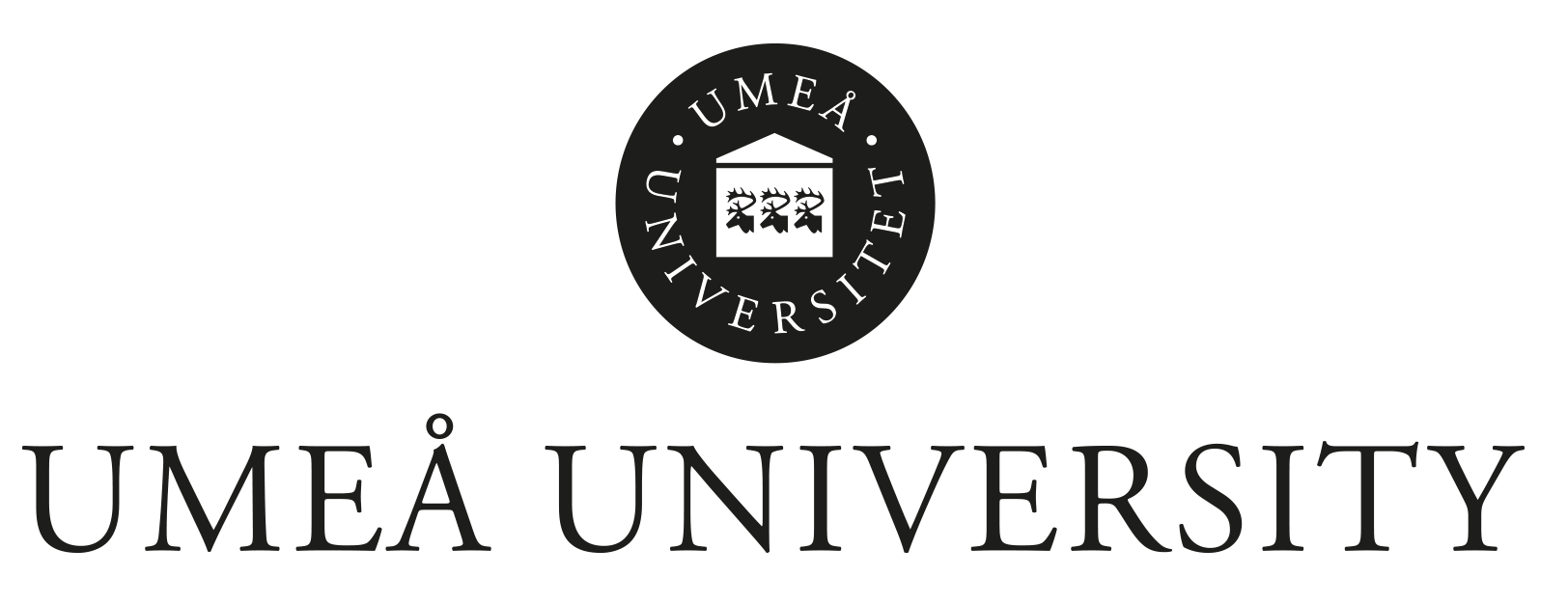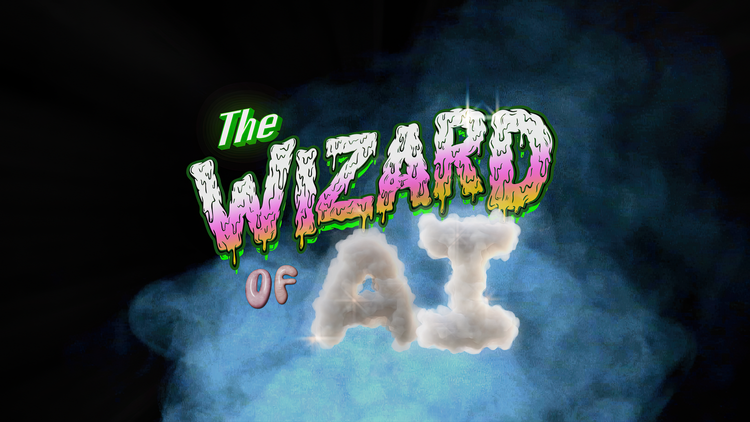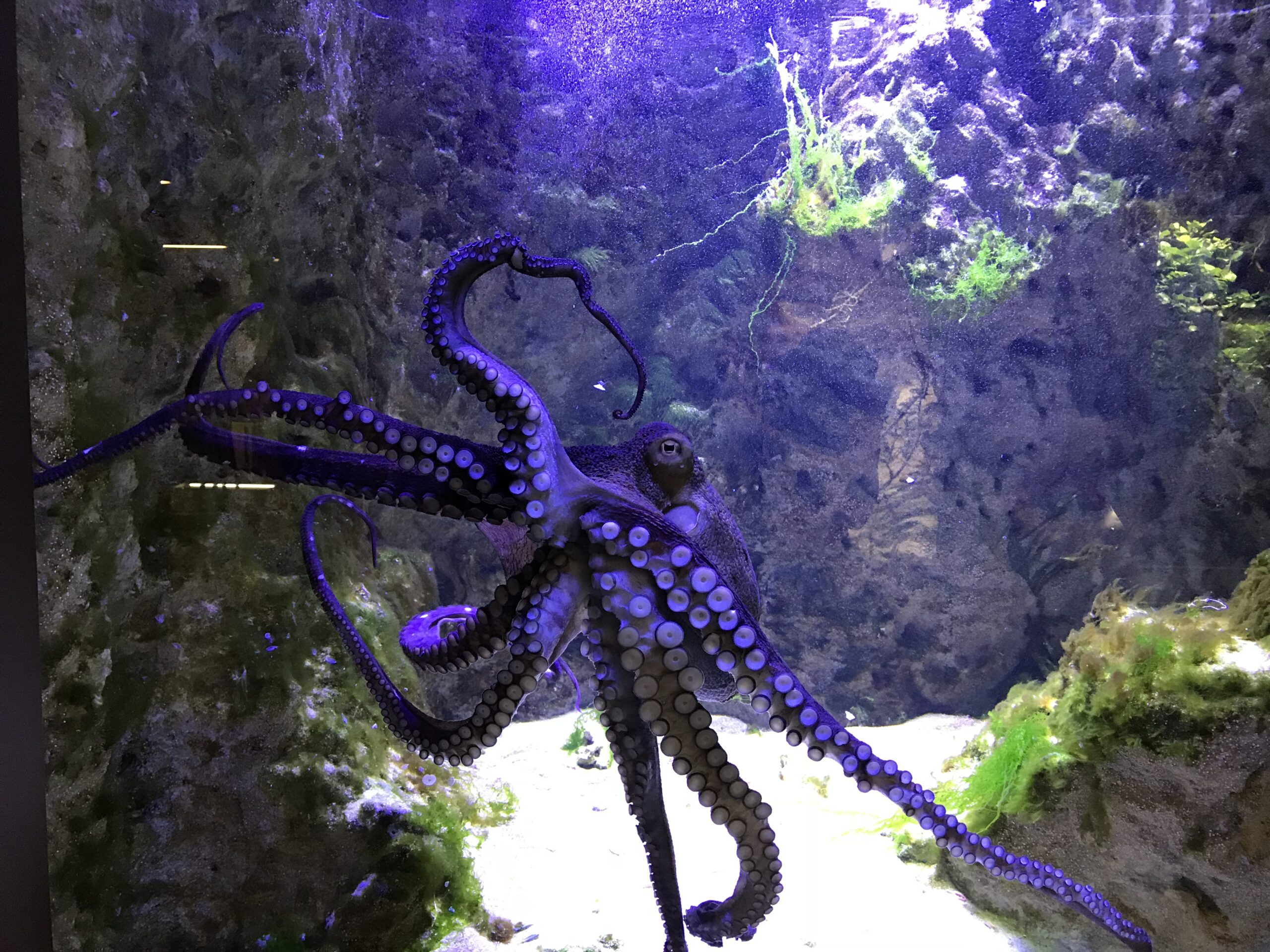UmArts organises public talks about Art and AI as part of the TAIGA FrAIday lunchtime talks at Umeå University. The UmArts online program introduces artists, writers, curators, designers and architects who are contributing to the social and ethical discourses of Artificial Intelligence and machine learning. The Art & AI talks are moderated by WASP-HS Guest Professor Sarah Cook.
The FrAIday talks take place every Friday 12.15-13.00 CET. You can read about the whole series and register for the zoom link here.
See below for speaker profiles and abstracts:


